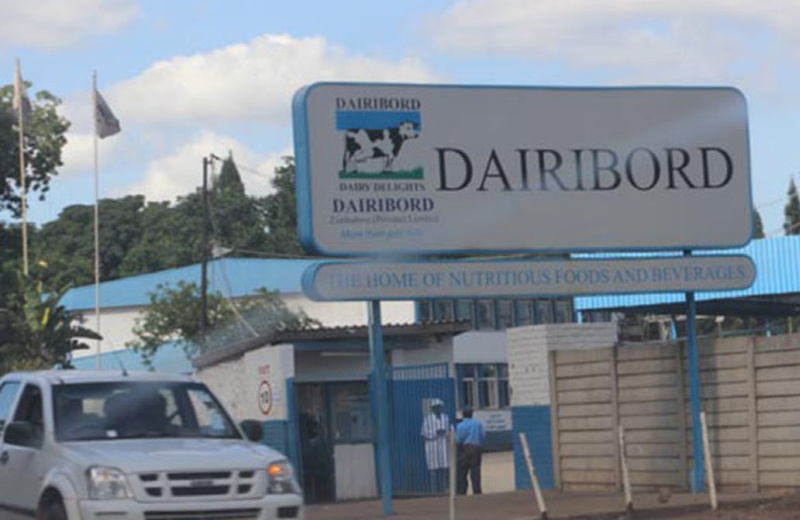Delta moves into contract farming to augment supply
Delta Beverages has said it will restart its outgrower scheme with farmers in order to guarantee supply of raw materials such as sorghum and barley as they pour in more capex to increase production capacity.
Speaking at an analyst briefing, Delta chief executive officer, Mr Matlhogonolo Valela said, “The company will start to utilize its farmers as they seek to ramp up production and reduce supply chain disruptions. We need to go back to utilizing our farmers and begin farming maize, sorghum and barley interchangeably.”
The Zimbabwe Stock Exchange-listed beverage maker has also embarked on capacity growth across all its sectors with four new production lines to be commissioned in the next six months.
The beverage producer said it will commission new lines for Super Chibuku, Chibuku, PET drinks and another Chibuku line in South Africa between now and May 2023.
This comes after the company admitted that it cannot increase the PET and Super Chibuku supply in the country as they have maxed out on production.
Mr Valela said, “The way we have seen our capacity on PET and Super Chibuku max out, we will see new lines coming into play with the PET line being commissioned in the first quarter and a new Super Chibuku line in May 2023 latest.”
This comes after the company said it ramped up Scud production to meet demand as Super production is maxed out and supply cannot be increased.
In the period under review, lager beer volume grew by 18 percent for the six months compared to prior year.
The chief executive said, “The increase in volumes was due to product supply stability that has benefited from the injection of returnable glass bottles and intense plant maintenance which was undertaken in the period under review”
However, the company acknowledges that production capacity remains constrained and will be unlocked when a new plant is installed in the first half of 2023.
The supply of non-returnable bottles and cans was affected by regional shortages and supply chain disruptions as some material comes from the Middle East and India.
The sorghum beer volume in Zimbabwe grew by 14 percent for the half year compared to the prior year. The growth is driven by the revival of the Scud pack.
In terms of volumes for the six months to September 2022, the brewer sold a combined 2 084 hectolitres (Hls) of sorghum beer.
United National Breweries South Africa recorded a volume growth of 38 percent over the prior year, as the business focuses on winning back consumers into the category.
“There are ongoing efforts to expand the product range and to rationalise the production and distribution footprint. There is an encouraging uptake of Chibuku Super by the market.
In the same vein, Butterworths brewery, located in Eastern Cape province, has been reopened to address product supply and the cost of distribution,” Mr Valela added.
The volume decline at Natbrew in Zambia has halted with a growth of 7 percent in the second quarter as it was affected by an increase in excise tax in the jurisdiction.
According to Valela, the country needs to level the playing field in order to help traditional beer manufacturers. Despite the issue of excise tax, the Chibuku has made a great recovery making it one of the best-performing beers in the country.
Going forward, the focus is on revamping the route to consumer, market penetration with new pack formats and utilising the available Chibuku Super production capacity to cover the regional supply gaps.
The Sparkling beverages volume grew by 22 percent over the previous year.
“The growth is anchored by the increased market penetration of the returnable glass packs and better availability of packs and flavours but the supply of PET packs remains constrained and will be addressed by the investment in additional capacity which will be commissioned in the new year.
The category continues to recover market share despite the local currency pricing distortions,” the chief executive added
African Distillers (Afdis) recorded a volume growth of 11 percent for the half year.
The wine volume grew by 24 percent driven by the improved availability of locally produced brands. The business commissioned a new PET line and commenced the local fermentation of ciders.
The volumes at Schweppes were flat on last year due to the shortages of juice concentrates at the beginning of the period.
The intake of juicing fruit at the Beitbridge Juice plant improved significantly and will provide adequate cover until the new season next year.
Nampak Zimbabwe continues to benefit from the volume recoveries in the beverages and other consumer sectors.-newsday










